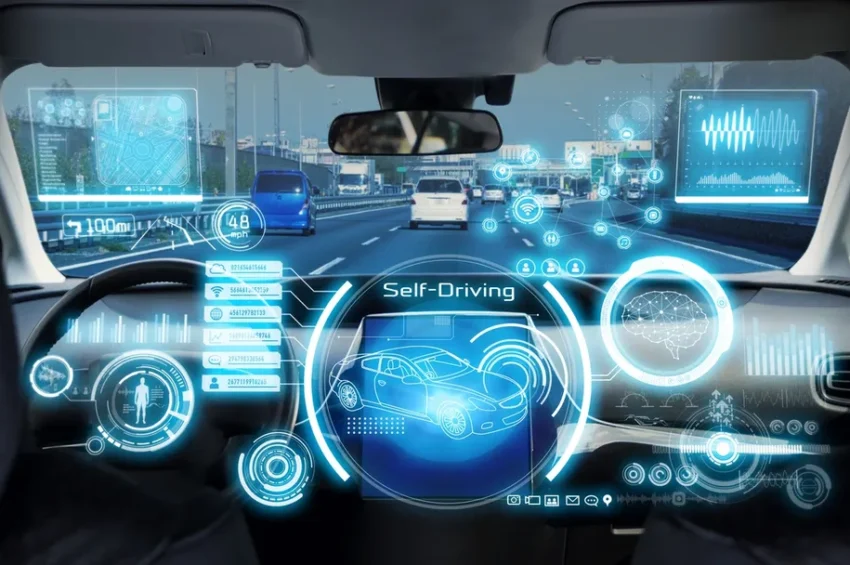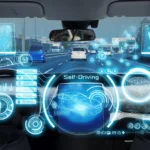
Introduction
In the ever-evolving landscape of technology, one term has garnered significant attention in recent years: Artificial Intelligence, often abbreviated as AI. It’s not just a buzzword; it’s a transformative force that’s revolutionizing industries, improving everyday life, and reshaping the way we think about the future. In this blog post, we’ll dive deep into the world of AI, exploring what it is, its impact on society, and the exciting possibilities it holds.
Understanding Artificial Intelligence
Artificial Intelligence refers to the development of computer systems that can perform tasks that typically require human intelligence. These tasks include learning, reasoning, problem-solving, perception, language understanding, and even decision-making. AI systems are designed to process vast amounts of data, identify patterns, and make predictions or recommendations based on that data.
Types of Artificial Intelligence
AI can be categorized into three main types:
- Narrow or Weak AI: This type of AI is designed to perform a specific task, such as language translation, image recognition, or virtual personal assistants like Siri or Alexa. It operates within a limited domain and does not possess general intelligence.
- Artificial General Intelligence (AGI): AGI, also known as strong AI, refers to machines that have the ability to understand, learn, and apply knowledge across a wide range of tasks, similar to human intelligence. AGI remains a theoretical concept and is not yet realized.
- Artificial Superintelligence: This is a hypothetical AI that surpasses human intelligence in every aspect, including creativity, problem-solving, and emotional intelligence. It raises ethical and existential questions and is the stuff of science fiction.
Impact on Society
AI has already had a profound impact on various aspects of society, and its influence continues to grow:
- Healthcare: AI is aiding in disease diagnosis, drug discovery, and personalized treatment plans. It is also used for predicting disease outbreaks and managing patient data.
- Finance: In the financial sector, AI is employed for fraud detection, algorithmic trading, and risk assessment, improving the efficiency and accuracy of financial processes.
- Education: AI-powered tools enhance personalized learning experiences, providing students with tailored content and feedback.
- Transportation: Self-driving cars, guided by AI algorithms, are poised to revolutionize transportation by improving safety and reducing traffic congestion.
- Entertainment: AI-driven recommendation systems on streaming platforms suggest content based on user preferences, and AI-generated content is becoming more prevalent in music and art.
Challenges and Ethical Considerations
With great power comes great responsibility. AI also presents significant challenges and ethical dilemmas:
- Bias and Fairness: AI systems can inherit biases present in the data used to train them, leading to unfair or discriminatory outcomes.
- Privacy: The collection and use of vast amounts of data raise concerns about user privacy and data security.
- Job Displacement: The automation of tasks through AI may lead to job displacement in some industries, necessitating workforce retraining.
- Autonomy and Control: Ethical questions surround autonomous AI systems, especially in contexts like autonomous weapons or self-driving cars.
The Future of AI
The future of AI holds immense promise and potential. Some areas to watch include:
- AI in Healthcare: AI will continue to advance in diagnosing diseases, predicting patient outcomes, and even assisting in surgeries.
- AI Ethics: As AI becomes more integrated into our lives, the discussion around ethical guidelines, transparency, and accountability will intensify.
- AI and Creativity: AI-generated art, music, and literature will become more sophisticated, challenging our notions of creativity and authorship.
Artificial Intelligence is a transformative force that’s here to stay. It’s not just about creating smarter machines; it’s about reimagining how we work, live, and interact with technology. As AI continues to evolve, so will its impact on our world. By understanding its capabilities, challenges, and ethical considerations, we can harness the power of AI to shape a brighter and more innovative future for all.




